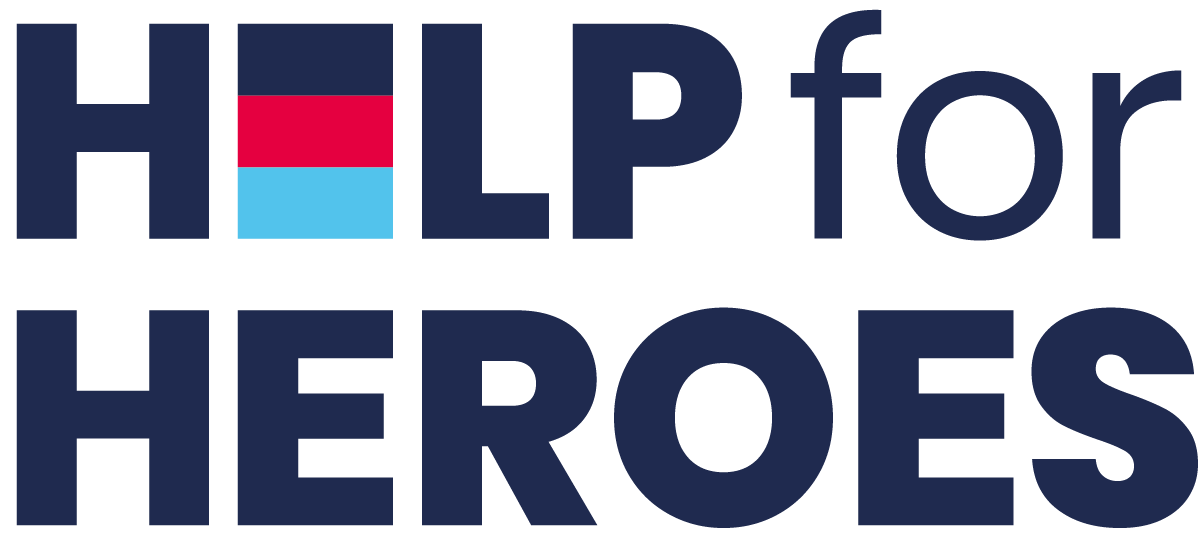Updated on
Andrew 'Pav' Taylor struggled to adapt to civilian life when injury ended his military career. Angry, frustrated and withdrawn, for four years he kept his feelings hidden until they almost boiled over. Finally realising he needed support, Andrew made the first, courageous step and picked up the telephone. Now, he knows that he has a support network he can trust, should he need it.
Struggling to adjust
Andrew used to look in the mirror and see a broken man staring back at him. He hated what he saw and the way he felt - frustrated, angry, isolated and alone - but he didn’t know how to change any of it. For four years, Andrew carried on this way, struggling to adjust after injury in Afghanistan had brought his military career to an end.
In 2008, Royal Army Medical Corps officer Andrew suffered serious back wounds when a suicide bomber detonated a device next to the vehicle, he was in. Sent home for extensive treatment and rehabilitation, Andrew was eventually discharged in 2013.
“I lost my sense of identity, my career, the friendships I’d made and the excitement that my job had given me. I felt that I’d gone from hero to zero.”
Feeling broken
Despite feeling this way, Andrew didn’t initially reach out for mental health support. Family and friends were worried about him – he was withdrawn and at times argumentative. Unable to stand for long periods of time because of the injury to his back, his social life had become virtually non-existent.
“I was cocooned in my own little bubble. I knew I was heading down a slippery slope, I felt depressed and frustrated. I’d gone from being a serving soldier, on top of my game and doing a job I loved to be someone who was effectively broken with no feelings of worth or self-purpose.
“But for a long time, I thought I could fix myself. When those around me told me, I’d become withdrawn I didn’t listen. I just thought I was dealing with things my way.
Things came to a head when Andrew realised that his reaction to an everyday situation was out of proportion.
“One day I was filling my car with petrol and I overheard a conversation between two strangers. I felt an intense anger building inside me about the way they were talking because, to me, it felt like they didn’t have a clue about what was going on in the world. As I got back into my car, I thought about how close I’d come to confronting them, and I knew then that I needed help.”
Finding the courage to seek support
Andrew admits that it took courage to ask for support, worried that it might be seen as a sign of weakness. Nonetheless, he made a phone call to Help for Heroes and was put in touch with the Psychological Wellbeing team. Counselling sessions established that he was suffering from an adjustment disorder. His diagnosis meant that Andrew could finally start to make sense of the way he’d been feeling. He’d served for 24 years and the military way of life – its values and codes of conduct – were ingrained in him. Struggling to make the transition back into civilian life had left him feeling alienated and frustrated.
With the support of a counsellor, Andrew was able to start making sense of his issues.
“It was time for a change. I’d sat there deteriorating for four years thinking I could cope by myself and that I was the answer to this problem and I just had to figure it out. But it didn’t happen for me until I sought help and assistance.”
Looking to the future
With the right psychological support to come to terms with the effect of his injury, Andrew has been able to take up sport as part of his recovery journey. In 2018, he represented Team UK in adaptive sailing and powerlifting at the Invictus Games in Sydney.
Andrew has learnt too that the anger and frustration he felt at the loss of his military career was normal. “Counselling has helped me to understand that I was going through a bereavement. Now, I’m in a much better place. Reaching out for help has changed me as a person. I’ve had to adjust some of my aspirations, but I’m getting there.
“I’m now looking forwards rather than backwards and that’s very important in a recovery journey. I’m looking to what the future holds. And I know that there’s a support network, a community that I trust to help me should I have a hiccup or hit a speed bump along the way.”
His message to anyone struggling is clear: “Make that decision to step forward and ask for help, because it is there.”
Andrew, now a Help for Heroes Ambassador, has used his lived experience to support in the co-production and delivery of brand new courses and materials to support other wounded Veterans. The challenges faced by those leaving the military due to illness or injury are often complex, and those who have already embarked on a recovery journey often have the best insight into what will help others.
*Statistics based on a survey commissioned by Help for Heroes, December 2018


